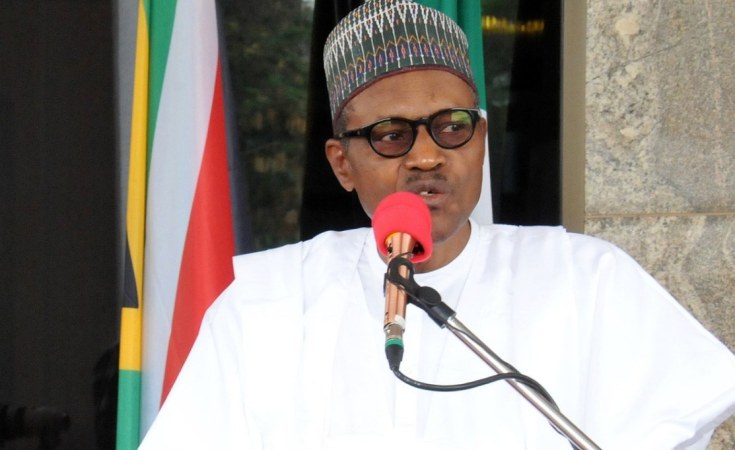“If you political analysts, do not help us, political actors, to find a solution to the problem posed by the need for more and more enormous financial resources to make politics, our democracy goes in the wall“. A few months ago, the Chair of a ruling political coalition from a West African country, took me aside to discuss a different topic than what he was being interviewed on; the cost politicians have to incur to participate in politics. According to him, politicians, whether individually or through the party, are forced to incur a debt to obtain and maintain elective positions.
A recent study on The Cost of Politics in Ghana confirms the rapidly rising cost of politics in the region’s democracies. In this study, the cost of politics (calculated only for parliamentarians) includes the cost of participation in the party primaries, the cost of winning parliamentary elections and the cost incurred once elected to a term of office. The results indicate that the total cumulative cost of elections increased by 59% from 2012 to 2016 and that, to be elected, you had to have spent about 2 years of a parliamentarian’s allowance. In this context, it is hard to imagine how an ordinary citizen could become a Member of Parliament (MP).
This trend doesn’t only apply to the Ghanaian context or the unnamed country mentioned above, the same could be said for Benin, where a MP claimed to have spent approximately 300,000 FCFA[1] to be elected in 1991, while another admitted to spending about 900,000 FCFA[2] in 1995, only four years later. According to the testimonials, today in Benin you would have to budget 50; 100; or even 200 million FCFA[3] to be elected as a MP. This means that, depending on the constituencies, the candidate might spend up to more than the equivalent of all his allowances in the legislature (4 years in Benin). There are other examples from other countries we could get into, such as Nigeria, but we’ll stop here.
In an attempt to remedy this situation, two solutions have been proposed so far in several electoral codes. First, limiting campaign expenses and sanctioning against any violation of this norm. However, not only is this measure fragmentary, covering only campaign expenses, it is also not enforced. Second, the public financing of electoral campaigns and political parties as a means of mitigating the costs of politics for politicians/candidates in various elections. However, as shown in the report produced by International IDEA in 2017 on The Global State of Democracy, this second tool failed to reduce the need for political party financing[4].
While I don’t pretend to have the answer to the evolving issues surrounding the cost of politics, which continues to be one of the major threats to our young democracies (and beyond), what I am certain of, and to quote the political leader mentioned at the beginning of this reflection, is that inaction is not an option. The report on the cost of politics in Ghana[5] suggested that a good starting point would be to bring together political actors and institutions as well as various other actors in society, to initiate serious reflections on the question in each country.
[1] 300 000 FCFA approximately $1,065 at the time
[2] 900 000 FCFA approximately $1,804 at the time
[3] Approximately $88,430, $176,860 or even $265,720.
[4] 2017 Report accessible here : https://www.idea.int/gsod/files/IDEA-GSOD-2017-REPORT-EN.pdf
[5] Cited above


